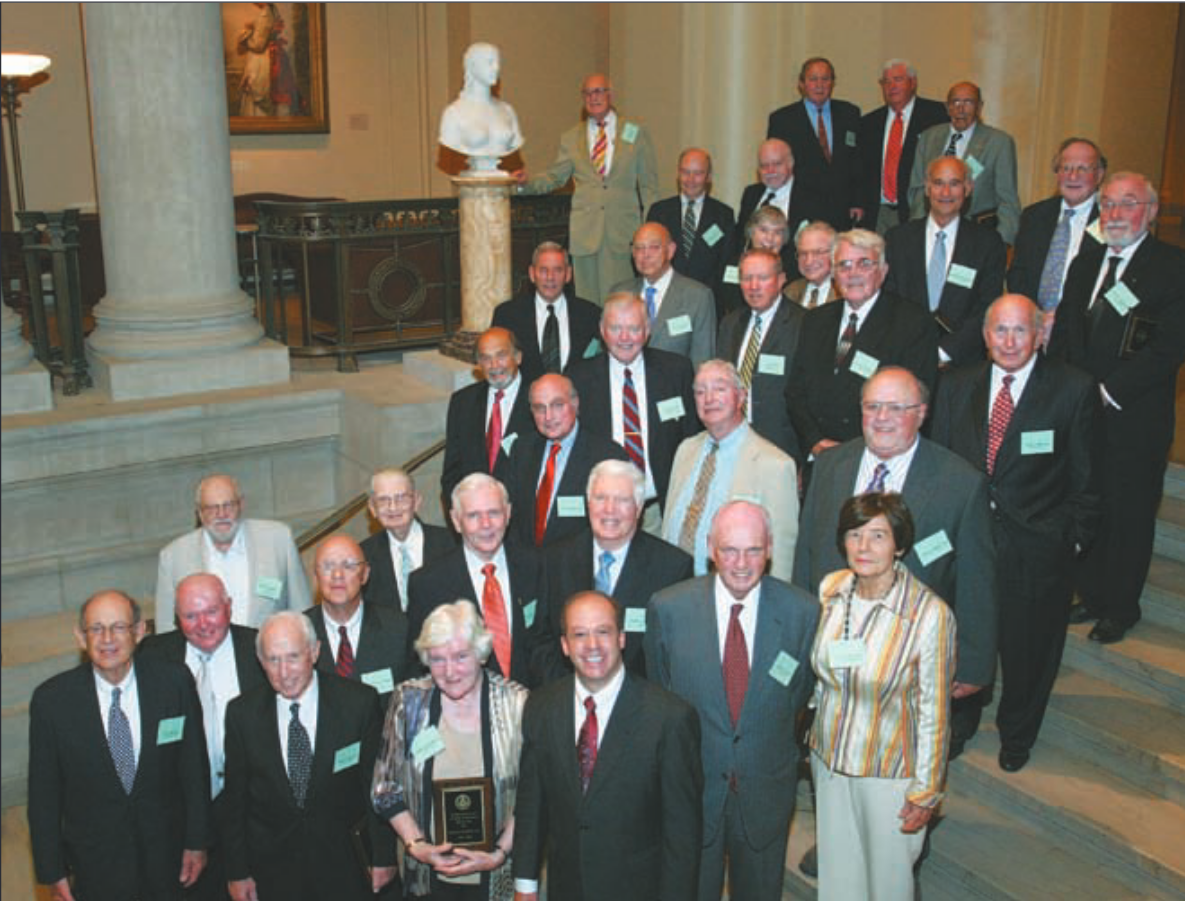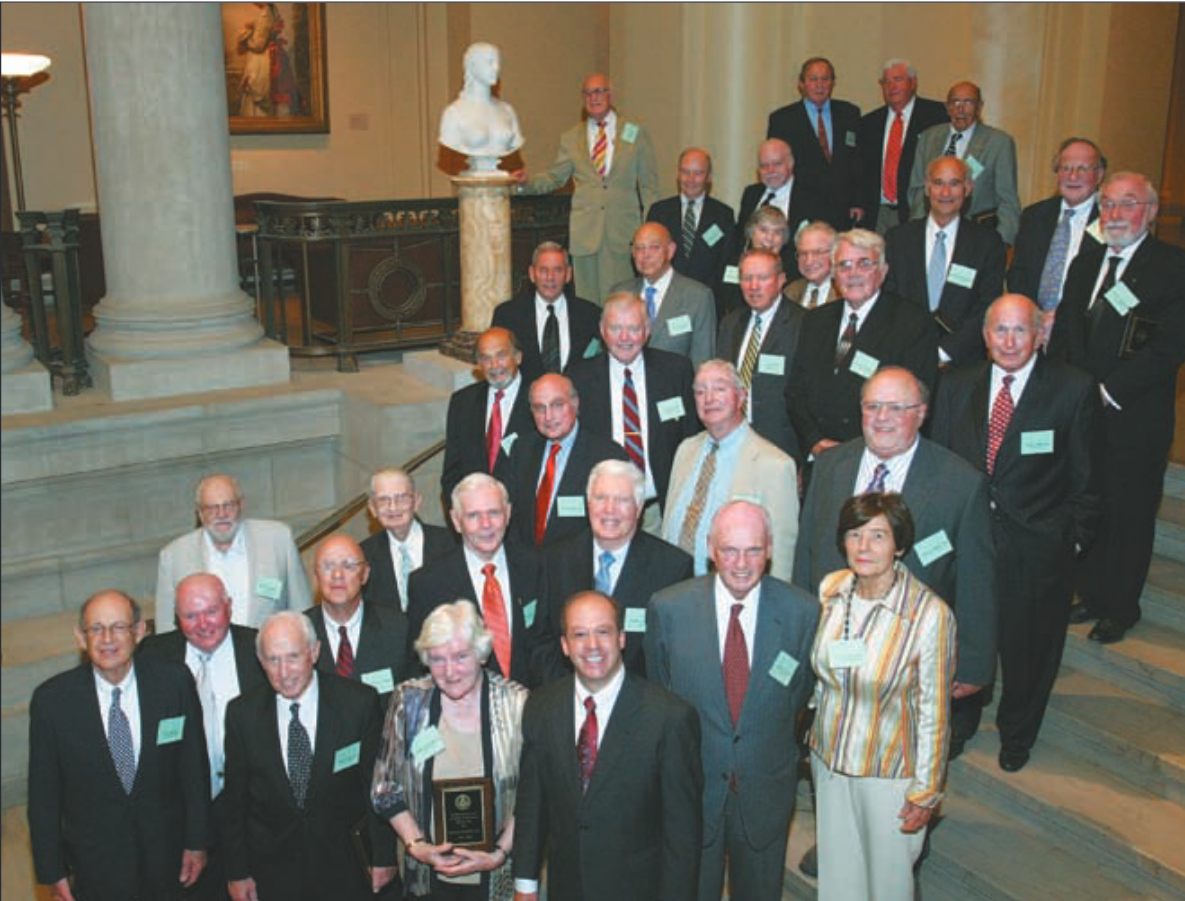Can a computer say sorry?

The biggest story in the UK right now – or at least for the past week anyways, beyond the government trying to send asylum seekers to Rwanda, permanently, besides the crumbling schools, beyond the deteriorating health services – is about the Post Office.
About 20 years ago the Post Office hired the engineering firm Fujitsu to build a computer system to track everything from post to pensions to accounts. It was called Horizon. It was buggy and crappy and most post offices found it hard to use, as I understand it.
Post offices here are run a bit like franchises: the sub-postmaster runs their own ship on distant direction from HQ. The central office gives out money to the local offices, and then lets everyone manage their own finances, provided everything tallies up at the end. But problems emerged: all across the country, accounts at regional post offices were showing huge deficits, sometimes in the tens of thousands of pounds. Without any understanding of where that money went, the Post Office went all in on prosecuting the sub postmasters at those offices, accusing them of theft. This was another strange thing to learn about the UK: private prosecutions. The Post Office hired their own investigators, passed all the evidence on to the Crown Prosecution Service, and pressured the sub-postmasters to pay the balance, plus fines, or even serve jail time.
The sub-postmasters maintained innocence. But they were at a complete loss to explain it. They’d installed the new system as asked and had been keeping records the way they’d been requested, and the machine said: you’re a thief. You’re a scrounger. You’re stealing from the public purse. They must have wondered, in their darker moments: have I been doing it wrong all these years? Have I been stealing and not been aware of it? How incompetent must I be? There was no real awareness this was a systemic problem at the time, just individuals getting bankrupted or jailed and generally getting their lives ruined. The Postmaster General at the time got knighted for her service to the country.
Years later, after their prosecutions and firings, a group of subpostmasters got together and started talking about their experiences. They compared notes, and all of them talked about how complicated and useless the Horizon system was. They poured over their old records and found some evidence suggesting that actually, it was the computer that was wrong – that electronic screen telling them they were thieves? It had to be some kind of mass error. They hired their own investigators, spoke with their local MPs, and eventually it got up to Parliament.
The findings: Fujitsu lied. They claimed the system had no faults, but they knew it had faults the whole time – and was desperately trying to cover its tracks and patch the bugs, long after Horizon had been installed across the country.
For the past five years or so, the Post Office has reversed course, and started to apologize for the damage it caused. Too slowly though – a new ITV four-part series came out this week and retold the story all over again. Plenty of subpostmasters who have never received an apology, an expunging of their charges, or indeed the compensation they are due have all become public heroes yet again. This week, PM Rishi Sunak has pledged to finally give the victims justice. In a rare show of corporate responsibility (and, quite frankly, savvy and lifesaving comms) Fujitsu has promised to suspend future government contracts, and pledged to contribute to the £1 billion compensation fund set up by the government. The ex-Postmaster General in a statement offered a blubbering public apology and was stripped of her knighthood.
It’s all a huge story. Rachel and I have a few friends at the various broadsheets who have been covering this story, and all the new twists and unreported turns still coming out to light of day. `”My editor wanted me to find victims of the scandal that haven’t been spoken to by the press yet,” one said. “We’re about ten years too late for that!”
So, I’m compelled to ask: why is this story so big now? The UK has its own share of political dramas and the world has plenty of truly horrific and eye-grabbing stories going on. Why has a drama about the subpostmasters’ 20-year search for justice hit every national headline?
It reminded me of a case that my grandfather told me about shortly before he passed in 2021. Ernest Whitman Piper, Jr., was a trial lawyer, a composed and fearsome presence in the courtroom, a wonderful talker and letter-writer. Kelly called him Ernest or Big Ernest. I call him Grandfather, and all of the cousins have done so even since I was a kid, because he has always been rather grand. (I was the first grandchild and set the older generation’s new names for them: Mummer and Grandfather, and so they became.) He started opening up about lots of stuff that he never had really spoken about when we were young – he saw me as an adult for the first time, I think, which made him eager to pass things on. He called me Ernie and he called dad Gubby, his childhood nickname (from the Polish word for “little chubby one”). So one afternoon in the Marblehood house, we were sitting at the counter, having coffee, and he told me a story.
The day that my father left for Alaska, which I think was a beautiful sunny morning in 1983, Grandfather was proud but totally distraught. I’m sending my first born son to the wilderness to get eaten by wolves, he said, what will become of him? Dad had landed a job doing sports writing for the Anchorage Times. The night before the flight, having a final father-son dinner, Grandfather had gotten a call from one of his junior associates.
“Can you cover a case tomorrow morning?”
“I’ve got absolutely no time to look over the files before court tomorrow.”
“That’s fine, all the preparation is done. I’ll courier it over tonight.”
It was not couriered over that night, and Grandfather let it slide. He dropped off his son at the airport in the morning for an emotional goodbye, and then swung by his office to pick up the files before going straight to court. It was probably 10am, and he had about twenty minutes until the trial began. He opened his case files for the first time in the parking lot.
“The case files were terrible,” he told me. “Total nonsense.” His junior associate had completely cocked it up. The theory of case made no sense. The notes were out of order and amateurish. The evidence was all over the place. He sighed. The basic facts: a bank secretary was suing her employers. She claimed that they didn’t pay her on time and had been harassing her. They claimed they’d done nothing wrong. Grandfather was representing the secretary.
“When you get into the courtroom, you have to look at the people to understand the case,” he said. “You have to read them.” He saw: a young woman, upset and defiant. He saw the predatory, proud bank employees chatting among themselves, self-satisfied, leering at her whenever they could. He saw the judge – he knew him, had been in his courtroom before. A big law nerd who taught classes at Harvard. Loved old case law, loved a surprising answer to a simple question. Ernest W Piper Jr, Esq, looked around the courtroom and knew what he would do.
He introduced himself to his client for the first time, shook hands with the defense team, and the judge addressed him.
“Have you read the case files, Mr Piper?”
“Yes your Honor.”
“They’re terrible.”
“I agree, your Honor.”
“Then what’s your theory of case? Why are we here today exactly?
Grandfather mentally pulled a case he'd studied in law school, a three-hundred year old case from English common law, which still gets cited time to time in US courts.
“Are you familiar with that case?” he asked.
“Of course,” the judge said, raising his eyebrows. “Negligent infliction of emotional distress?”
“That’s correct, your Honor. That’s my theory of case.”
“Good.” The judge was satisfied. The trial proceeded.
The court heard how the secretary had been sent letter after letter from the bank, telling her that she’d already been paid for her work, and that she was due no more salary. Then it switched directions, telling her that she’d been overpaid, and that she owed money, or had missed shifts. She hadn’t, and was distraught; she wept and showed evidence that she had worked exactly what was required, and that they owed her back pay.
The defense got up. They very cooly explained what had happened: you see, they’d just started using new software from IBM. They were still working out the bugs, and it sent out letters automatically to its workforce and to its customers. It was just a computer error and had nothing to do with the bank itself. The judge seemed persuaded by this argument.
Grandfather got up, and cross-examined the computer expert.
"So it's your position that this was a computer error, correct?"
"Yes."
"And the letters were all sent out automatically."
"Yes."
"The computer can be programmed to send any sort of letter, right?"
"That's right."
“Tell me," he said. "can a computer apologize?”
“That’s right!” the judge said, slapping the bench. “Can the computer send a letter of apology?” The bank’s lawyers sputtered, as if they too were computers who had run into an error in their code. The judge awarded the secretary a fat settlement.
In Grandfather’s telling, this became the basis for a new regional and nationwide tort standard on how the companies using computers can be held liable for their errors. (No idea whether this is true or not.)
"The thing is," he said, "they just saw her as a young woman. They thought they could take advantage of her, real boy's club stuff."
"Being a good trial lawyer means you look people in the eyes. You have to see what they're up to."

The political moment here is quite weird. My US readers also have the common malaise– the simmering anxiety that some people seem to miss the upheaval of the Trump years, the global consensus of the past thirty years showing major signs of strain, economic woes, the climate crisis. In the UK we’ve got the post-Brexit post-Covid doldrums – the economy hasn’t recovered and things are mostly worse. Boris got ousted, and then Liz Truss got in, and then Rishi, and at no point was the public asked about who'd they prefer to rule them. It was bizarre and thoroughly undemocratic and the public seemed to just grumble about it and let their resentment build? I felt very much like I was in a foreign country. In the US, we have aggressive and sub-legal militias who get rambunctious any time politicians do something they’re supposed to do. We have apocalypse cults that hold billions of dollars in real estate, and hippies that build tech that the entire world uses, the Chicago rat hole, and New York Fucking City. Everyone is nuts. In Britain everyone is very sensible. This leads them, ironically, to accepting totally deranged situations.
But everyone knows that at some point this year, Rishi will call an early election – although there may be practical reasons for doing so, like welding together the wings of his party that have completely splintered, it feels more like fate at this point. Everyone also knows that the Tories are heading for a spectacular wipeout and Keir Starmer’s Labour will get in. The wild changes of government, ruined economy, and batshit racist ideas ping-ponging out of the Conservative party these days are all radioactive to the public.
Absolutely nobody knows what Starmer will do, however. He’s refused to promise that he’ll do anything at all, and has made it clear he’s not going to spend any money to do it. Truly, the most British thing possible: things are bad, we do not expect anything better, we would like things to continue to be bad in a predictable way.
But one idea that seems to have taken hold, cross party, is a sort of evangelism for AI technology. Starmer, a technocrat to the core, wants to use AI to streamline the NHS. Sunak, more of a scifi nerd and a fanboy, in his heart of hearts wants to develop a supercomputer the envy of the world, or wants to make Britain into a spacefaring nation (in a sensible sort of way, of course.) In either case, Palantir, the giant evil tech corp founded by actual vampire Peter Thiel, has just been awarded a huge contract for the NHS’s data. We’re getting more computer whether we like it or not.
So this is why, I think, the Post Office story has such resonance. People don’t feel like they have much control over the politics that affects their lives. Why would people willingly hand more of that control to a computer? It can’t apologize. It puts a veneer of perfect rationality over cold-hearted decisions about who deserves more, who deserves less, who deserves fair treatment, and who deserves to be at the bottom. The Post Office was a trusted public institution, and like so many public institutions in Britain, it's been gutted, and it's betrayed ordinary people to the point of ruining their lives. It’s very nourishing to hear a story about “skint little people” banding together to fight that sort of injustice. Especially an injustice blamed on a machine – something that’s unable to look people in the eye.
